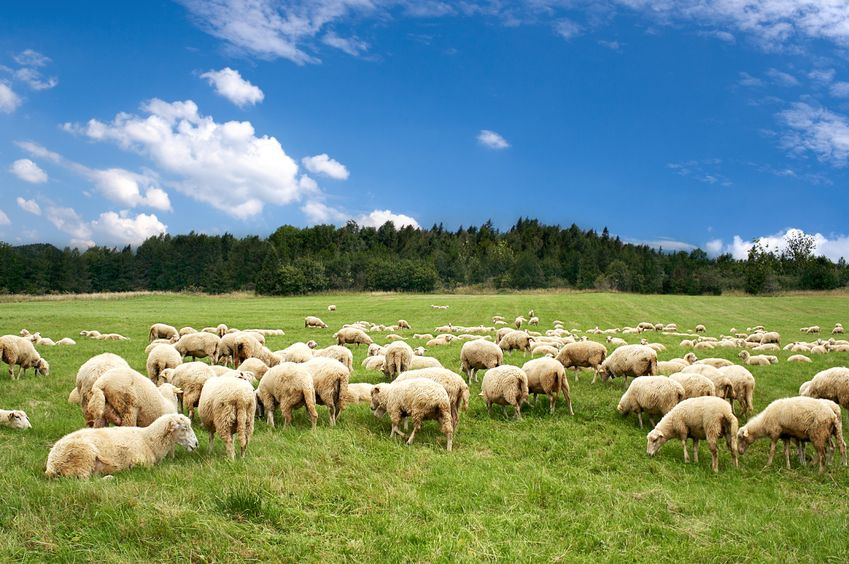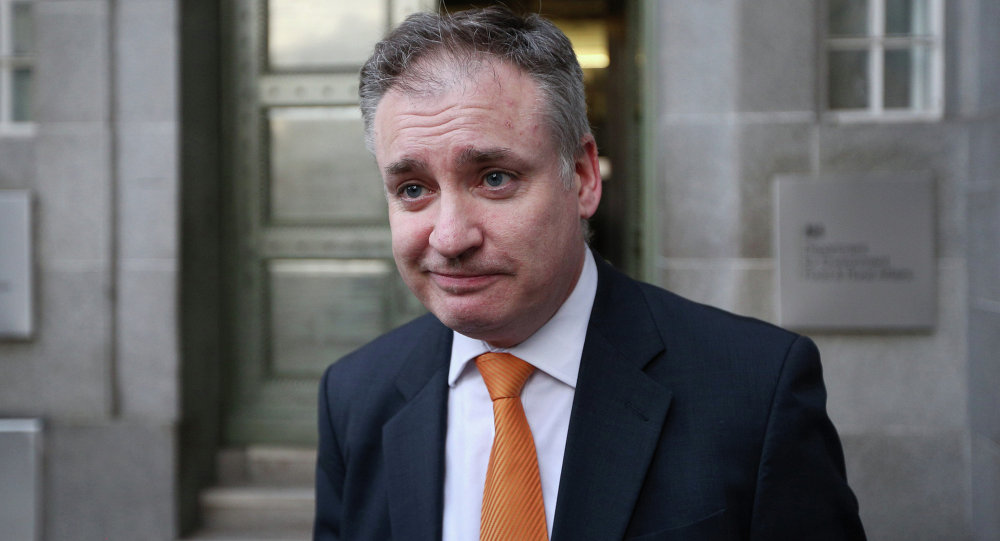
Scottish farmers' debt increased by more than £150 million when officials failed to deliver crucial EU payments, it has been revealed.
The levels of bank debt are the highest recorded since records began in 1972.
Debt levels, when adjusted for inflation, are up eight per cent on the prior year.
At the end of May 2016 a total of £2.2 billion was owed to banks - a rise of £177 million on the previous year, and the seventh year in a row that debt levels have increased.
Opposition parties are now warning that hard-pressed farmers have "no confidence" in Scottish ministers that the problems will be addressed for next year.
The Scottish Government said the data 'reflect the overall UK picture', citing figures from the Bank of England which show debt levels across the UK 'agricultural, hunting and forestry' sector has risen by 51 per cent since 2010 to £17.7 billion as of May 2016.
Huge concerns about next year
The first half of 2016 saw strong levels of farm borrowing against a backdrop of depressed commodity markets and uncertainty arising from the EU referendum.

The report by Agricultural Mortgage Corporation (AMC) says borrowing between January and June 2016 was buoyant despite these concerns, keeping pace with the average for the past three years – including 2015, a record year with in excess of 7% growth in net lending overall.
As of August 24 there were 1,061 of 18,479 eligible businesses that had not received payment under the Common Agricultural Policy (CAP) scheme.
Scottish Conservative rural affairs spokesman Peter Chapman said the rising debt showed that “farmers the length and breadth of Scotland have been let down badly by the SNP”.
Liberal Democrat Rural Affairs spokesman Mike Rumbles said: "Thousands of farmers were forced to wait months to receive the money they were due.
"The bills did not stop arriving during this period.
"Hundreds of farmers are even now yet to receive their farm payments and there are huge concerns within the sector over what will happen next year too."
Richard Lochhead, the Rural Affairs Minister who oversaw the debacle, quit the Government for personal reasons in the aftermath of the controversy.
It came after a scathing report by the public spending watchdog which said the new IT system may never deliver value for money.
Refinancing
AMC's Simon Eales says refinancing is on the rise, forming 22% of the amount borrowed from AMC over the first half of 2016.
"Progressive farmers are thinking ahead – for example anticipating their January 2017 tax bill based on a better year, or taking the opportunity to restructure finances while interest rates remain low."
While some are building resilience by spreading debt over a longer term, others are restructuring debt finance put in place over the past 10 or 15 years on the back of reasonable commodity prices.
"With returns diminishing and certainly more volatile, this is an opportunity to take back control.
"A 10 or 15-year loan spread instead over 30 years, maybe with a two to five-year capital holiday at the outset, will help many businesses through the current period of uncertainty and leave them in a stronger position when markets pick up," Mr Eales concludes.
